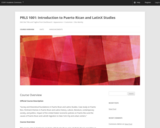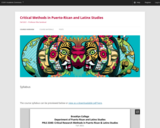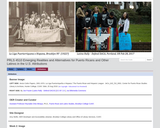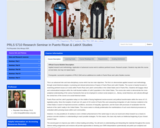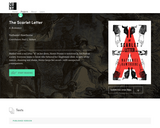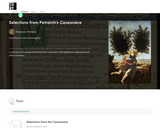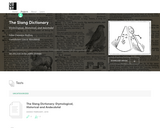Official Course Description
“Survey and theoretical foundations in Puerto Rican and Latino Studies. Case study on Puerto Rico. Pertinent themes in Puerto Rican and Latino history, culture, literature, contemporary society, and politics. Impact of the United States’ economic policies on Puerto Rico and the causes of Puerto Rican and Latin@ migration to New York City and urban centers.”
Course Overview
This course aims to familiarize students with Puerto Rican and Latin@ Studies by providing an interdisciplinary survey of the fields theoretical foundations. The course overviews the important historical, political and economic context that has created and influenced the Puerto Rican and Latin@ diaspora in the United States. It explores central themes within the discipline, including immigration, identity, gender and sexuality, culture and literature. The course analyzes the influence of Puerto Rican and Latino communities on urban centers, popular culture and politics.
A Brief Note on the terms Latino/Latinx/Latine:
A majority of this course covers the diversity and heterogeneity that fall under the singular designation of “Latino”. Many course readings (given their time period and purpose) may use the term “Hispanic”, “Latino”, or “Latinx”. In the last few years, “Latinx” has been used to identify one’s indigenous roots, and more recently, to describe works that critically engage with questioning and challenging heteronormative functions that suppress diasporic Latin American and Hispanic- Caribbean people in the United States. During our class discussions, “Latinx” can be used at the discretion of students to demonstrate course material’s inclusivity of LGBTQ experiences.
Course Learning Goals
– Develop an understanding of the interdisciplinary theoretical foundations of Puerto Rican and Latinx studies.
– Develop an understanding of the factors that contributed to the rise of Latinx activism within the US, and how these movements have impacted political participation and the treatment of Latinx’s in the US.
– Recognize and understand the historical economic, political and social context from which Puerto Rican and Latinx immigration and diaspora has emerged.
– Articulate an understanding of how the intersection of gender, race, ethnicity, class, immigration status, and nationality relate to the diversity of Latinx experiences in the US.
– Utilize their understanding of the history background of different groups within the Latinx community to analyze their current social and economic well-being, as well as their political participation.
– Be capable of critically analyzing and discussing current issues within the Puerto Rican and Latinx communities related to the current political, social and economic order in the US, as well as how the Latinx experience related to other minority groups within the US

